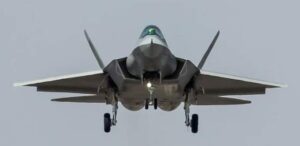- ASTRA BVR AAM.
Please click on the link below:-
2. New Airfield in Pakistan.
Please click on the link below:-
3. Launch of 50 Surveillance Satellites in the Next 5 Years.
Please click on the link below:-
4. Nyoma Airfield.
Please click on the link below:-
Suggestions and value additions are most welcome
For regular updates, please register here:-
References and credits
To all the online sites and channels.
Disclaimer:
Information and data included in the blog are for educational & non-commercial purposes only and have been carefully adapted, excerpted, or edited from sources deemed reliable and accurate. All copyrighted material belongs to respective owners and is provided only for purposes of wider dissemination.


